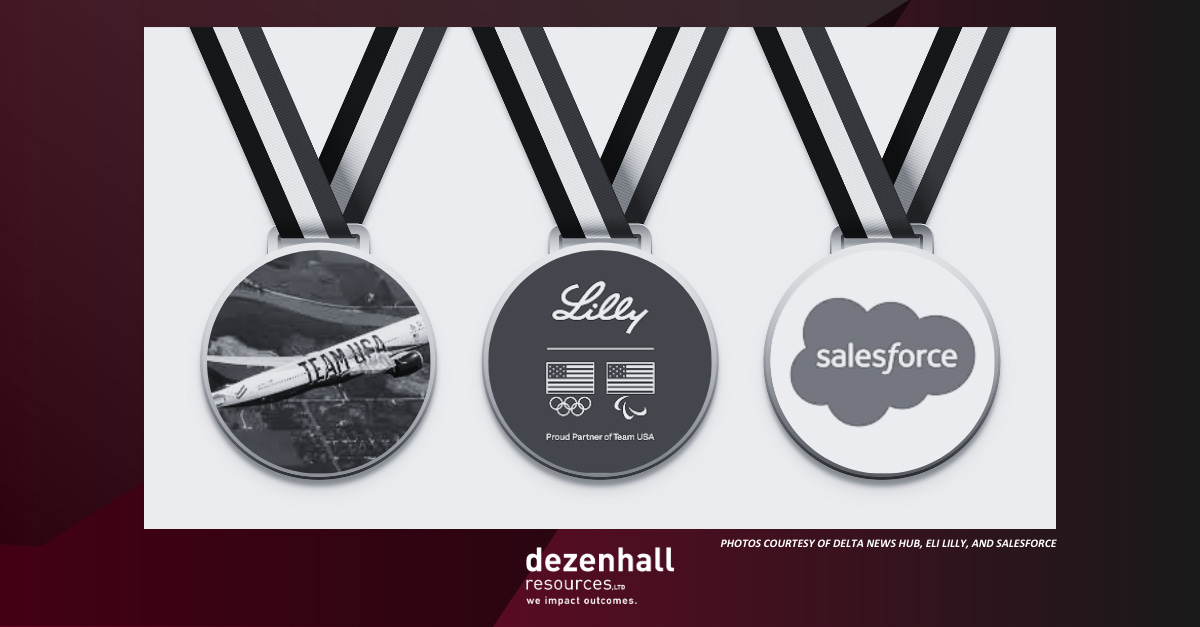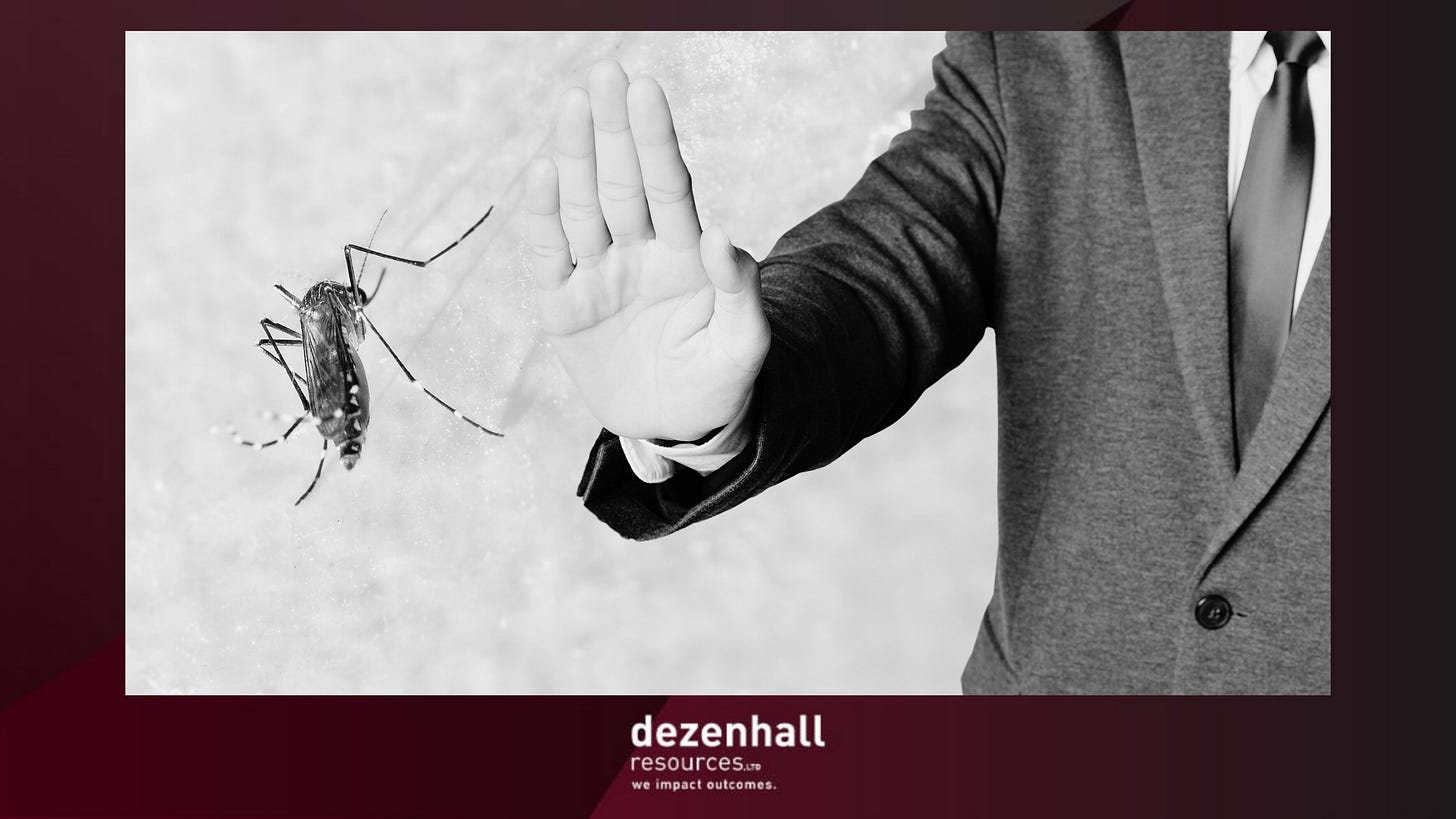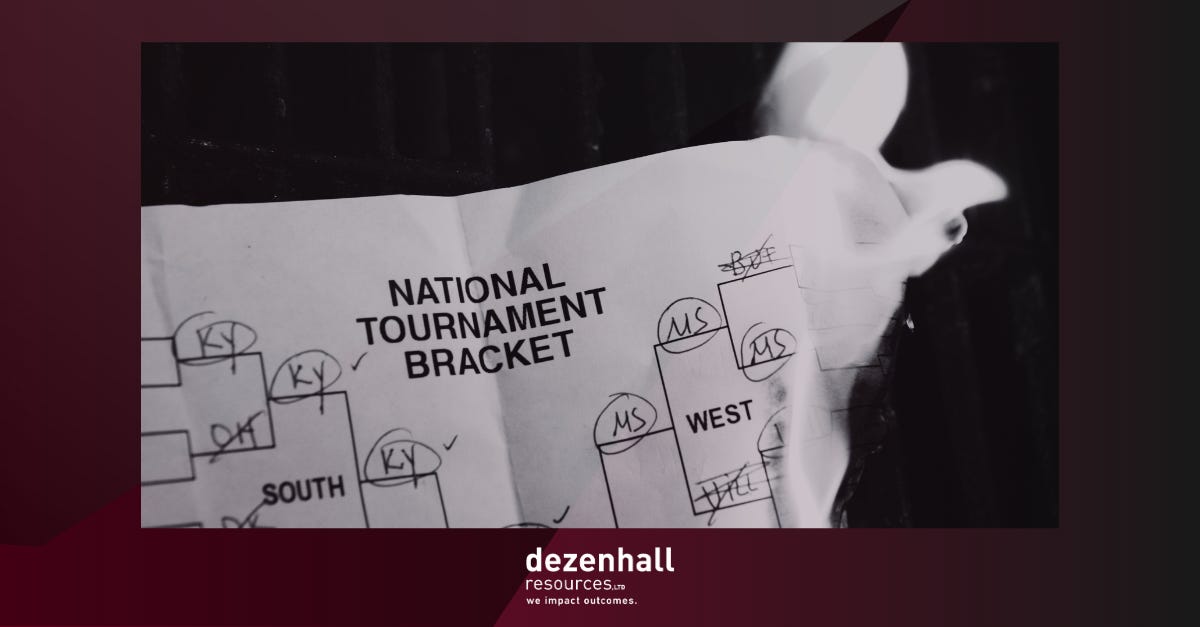The Sponsorship Olympics – Three American Companies Deliver Gold Medal Public Affairs Campaigns

The Summer Olympics were a welcome break from the 24/7, usually bad, news cycle. I already miss the athletes’ inspiring stories, watching them achieve incredible physical feats, learning more about sports I previously knew little about, and the beautiful scenery of Paris. And with the last event concluding yesterday, the thing I’ll miss the most is America’s hype humans – Snoop Dog and Flavor Flav – the cheerleaders and unifiers we didn’t know we needed but now can’t imagine going on without.
On the other hand, I won’t miss watching commercials and sponsored excursions. In the on-demand, streaming world we live in, this is the first time in a long time that I’ve watched significant, non-skippable advertising. Over the past few weeks, I’ve had time to reflect on the messages some of the world’s biggest brands injected into the Olympics. Three specifically – Salesforce, Delta, and Eli Lilly – all caught my attention for very different reasons.
Delta Airlines Does Damage Control. With the tagline “Champion Every Journey,” Delta Airlines was prominently featured in every major competition and primetime broadcast. After all, Delta is “the official airline of Team USA on the road to the Olympic and Paralympic Games Paris 2024, the Olympic and Paralympic Winter Games Milano Cortina 2026, and the Olympic and Paralympic Games Los Angeles 2028.” Say that ten times fast.
A multi-year, multi-million-dollar partnership like this doesn’t materialize overnight. However, the timing couldn’t be better for Delta, who, just weeks before, experienced a catastrophic system meltdown grounding and delaying flights globally for days in the aftermath of the CrowdStrike screw up.
It’s quite a contrast to go from weeks of stranded passengers venting on social media, burnt-out employees who took the brunt of customer frustration, and countless negative headlines, to upbeat, inspirational, and heart-felt stories of Delta’s 15 athlete ambassadors and those they’ve helped make it to the Olympics in Paris.
While there is no such thing as a goodwill bank for companies in crisis, I can’t help but feel a positive association with the brand after watching the Olympics for the last two weeks – and I’m an American Airlines loyalist. There’s no way Delta’s team could have planned for this one-two punch – it’s better to be lucky than good.
Salesforce’s AI Reputation Wrangle. Hitting on the topic and fear du jour of AI, the software company’s ad “The Great Data Heist” featuring Matthew McConaughey was front and center during Olympic programming. Since the ad’s original launch in May, conversation around AI has only grown, with calls for consumer and intellectual property protections, concerns around misinformation – particularly with political advertising – and lawmakers looking for ways to regulate all the above and then some.
None of those important but boring details found their way into the ad. Rather, in an old western style set up and in his signature Texas twang, McConaughey says, “Don’t get robbed by bad guy AI. Salesforce never steals or shares your customer data,” as he’s kicking consumer data robbers off his train. The visuals are clear – AI is the Wild West. The message is simple – Salesforce is not the problem, it’s a trusted solution.
While data privacy is a gargantuanly complicated subject matter that most people have little understanding of, brands are wise to the fact that people want to feel like the technology apps, products, and software they use are doing something related to privacy, even if they don’t really know what that means. Also worth noting, Apple’s Safari aired “A Browser That’s Actually Private,” during the Olympic games.
Eli Lilly’s Marketplace Defense (and Offense). The nearly 150-year-old pharmaceutical manufacturer is going for the gold in its attempt to shed the big bad pharma moniker with its Olympic sponsorship. A headline sponsor, Lilly branded itself as “A Medicine Company,” with taglines like, “When medicine gets better, all of us can get better,” narratives from the likes of Simone Biles fighting like hell for healthy bodies and minds, and images of humans of all ages, sizes, and backgrounds. Lilly is positioning itself as a company that cares about and is invested in American health.
As a crisis management and public affairs practitioner, I’m hard wired to roll my eyes at brand and corporate awareness advertising like this. Its utility in high-stakes situations is generally minimal. However, Lilly is on to something here and is playing the game of politics without politicking.
In a contentious election year up and down the ballot, politicians have been focused on kitchen-table issues, like drug prices, and Lilly has some potentially game-changing and costly drugs it wants to see in the medicine cabinets of as many Americans as possible. Lilly’s Alzheimer’s drug, Kisunla, was just approved by the FDA after slowing cognitive and functional decline in clinical trials. Its Tirzepatide formulas – Munjaro labeled for Type 2 Diabetes and Zepbound labeled for obesity – showed better results than their Danish counterparts in a head-to-head comparison published by the Journal of American Medicine.
Soon to be on the agenda of lawmakers is expanded coverage for these medicines that consumers desperately want access to – both through commercial insurers and Medicare. More than 70 million adults in the United States are obese, and approximately seven million Americans are diagnosed with Alzheimer’s impacts. The daily average Olympic broadcast viewership is 34 million. By Lilly’s calculus, there’s bound to be some overlap, and who better to advocate to lawmakers that these medicines are important than their constituents?
To put it simply, the subtext for lawmakers, regulators, and consumers of Lilly’s support for Team USA is, “We’re the good guys, doing good things.” Will sponsoring the Olympics move the needle? By itself, no. But it’s my sneaking suspicion that this is just one part of a coordinated, multifaceted communications, marketing, public affairs, marketplace defense, legal, and government relations effort. And if that’s the case, it very well may have an impact, making Eli Lilly the GOAT of corporate affairs.
From damage control to reputational offense to marketplace defense, the companies sponsoring or advertising during the Olympics did so with a clear goal in mind. They tapped into the pride that many Americans feel toward their country and centered their brands as champions themselves. While I won’t miss watching non-skip ads, I am a bit sad to see the more positive news cycle go. Huge congratulations to all the athletes who competed this year, and an extra shout out to the United States Olympians who brought home 126 medals, 35 more than any other country.


